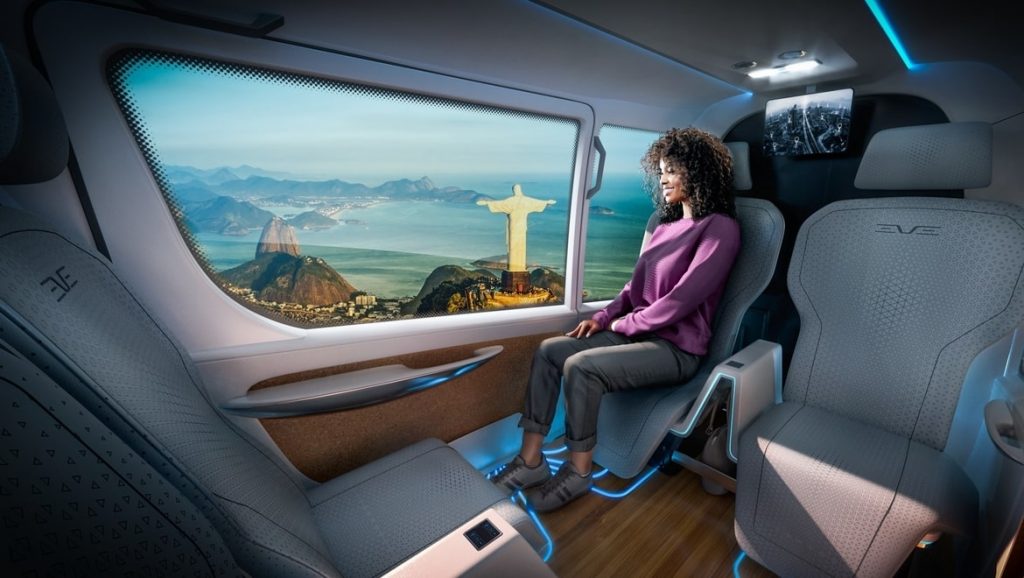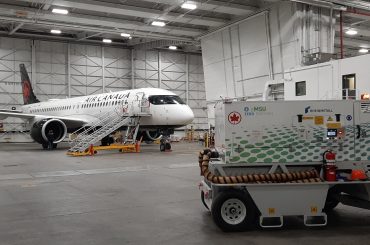
As Brazil climbs out of the COVID-19 crisis, Embraer’s Eve will lead industry groups to introduce air-taxis into South America, as the nation commits to zero-carbon flying.
Eve Urban Air Mobility – a spin-off from Embraer – and partners will provide the first test simulation of Eve’s electrical vertical take-off and landing (eVTOL) jet by the end of the year in Rio.
Helicopters will be used to simulate the four-passenger, fully electric eVTOL, which is expected to officially enter service in 2026.
Urban air mobility (UAM) is gaining momentum globally, as airlines and aviation companies respond to the growth of sustainable-minded consumers.
The project – dubbed CONOPS – will develop the strategies of introducing UAM into Brazil, and how it will work.
Companies such as Helisul Aviation, a helicopter operator; Skyports, a vertiport manufacturer; Flapper, an independent platform for on demand flights; and others are part of the collaboration.
“All parties will work on safely introducing and accelerating the UAM market’s growth in Brazil,” the press release stated.
The collaboration is also heavily supported by government entities.
ANAC (Brazil’s National Civil Aviation Agency) and DECEA (Brazil’s Department of Airspace Control) will determine the city’s existing air traffic infrastructure to safely incorporate UAM.
“We want to explore new and practical concepts to facilitate the safe introduction of the urban air mobility industry in Brazil,” said André Stein, Eve’s chief executive.
“According to concept evolution, we will conceive how to enable the purpose of democratising urban air mobility in a safe, economical and accessible way.”
The initial stage of the project will be identifying the “main characteristics and requirements of the ecosystem” of UAM in Brazil.
The South American nation has been slowly stepping into sustainable aviation measures in the post-pandemic recovery.
In May this year, Brazil launched a ‘Fuel of the Future’ program as a milestone of reaching a decarbonised industry.
The program will see the introduction of sustainable aviation fuels in the future, and changes of public policies aimed at the sector.
In June, the Federal Ministry for the Environment, Nature Conservation and Nuclear Safety outlined the opportunity for Brazil’s aviation industry to become more sustainable.
Government bodies have increased commitments to investing in new technologies and energy sources to prioritize greener aviation.
This collaboration follows only weeks after Brazil’s airline Azul signed a US$1 billion commercial deal with German air taxi manufacturer Lilium for 220 of its zero-carbon jets in early August.
Eve added this step forward will “leverage operational capacity” to introduce a “positive” UAM industry in Brazil.
“[It] ensures safe and equitable access to urban airspace in an agnostic way by using an array of conventional helicopters, fixed-wing aircraft, and in the near future EVA,” Embraer said.














